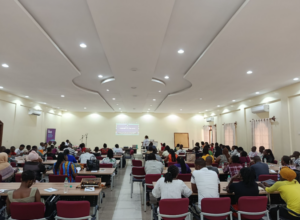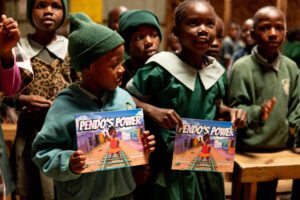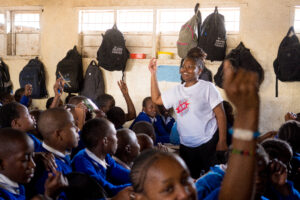When I think about how my perspective shifted after joining Freely in Hope, I can tell you the biggest change was how I viewed myself. I moved from seeing my story as something to hide to recognizing it as a source of strength. That shift from shame to power changed everything about how I move through the world and how I imagine what’s possible. Through education, peer support, and mentorship, I learned that healing could empower me to lead change and help others find their own voices. But I didn’t arrive at that realization on my own. I got there by watching someone else walk the path first. What inspired me to move from being a scholar to a leader was watching other alumni, like Lydia Matioli, lead by example. As the author of Pendo’s Power, her children’s book that teaches about body safety and consent, Lydia showed me something I hadn’t known was possible: that survivors can create meaningful impact in their own communities. Not someday, not after years of being “fully healed,” but right now. When the opportunity came for me to continue her work, I felt ready to step up and give back by using what I had learned to empower others. Before leading Pendo’s Power, my dream for my community was very simple: that children would grow up free from fear and surrounded by understanding adults. That’s it. Not some complicated theory or massive system overhaul, just children who feel safe and adults who know how to protect them.

Image: Maryanne as a Freely in Hope scholar studying Social Work.
“My own journey taught me that when children are educated about safety and caregivers are equipped to respond, healing becomes possible for everyone. It’s not just about preventing harm to one child; it’s about creating an environment where safety is the foundation everything else is built on.”
Maryanne Koki, Freely in Hope Alumni
When you change how adults respond, you change what children believe is possible. And when you change what children believe is possible, you change entire futures.
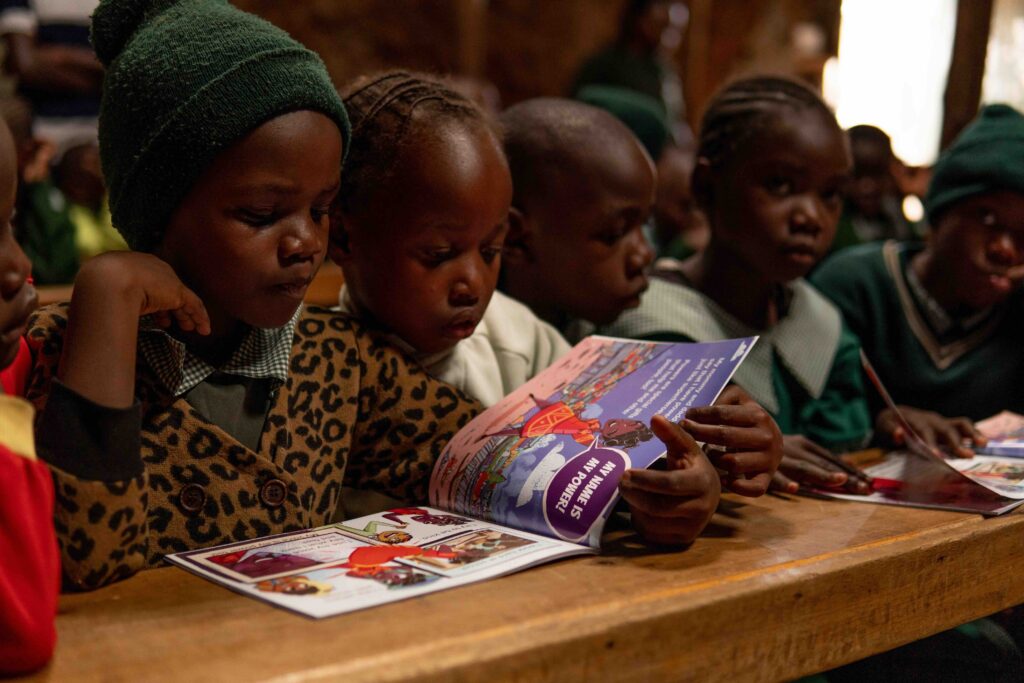
When I think about how Pendo’s Power began under Lydia’s leadership, it was about filling a gap in how children were supported. Many knew about abuse but didn’t know how to seek help. The program gives them safe spaces where they can understand how to use their voices to report and speak up against sexual violence. But as I stepped into leadership, I realized something else: caregivers and practitioners also needed guidance. It wasn’t enough to empower children if the adults around them didn’t know how to respond with compassion and understanding. So I created trauma-informed care programs specifically for them, to help them respond in ways that support rather than retraumatize. What makes a survivor-led approach different is that we teach from experience. It’s not just theory, it’s the truth. I’m not standing in front of caregivers reading from a manual about what trauma might feel like. I’m speaking from the inside of that experience, and that authenticity creates connection in ways that traditional training simply can’t. Combining that lived experience with trauma-informed education for caregivers creates a complete circle of care. Children are empowered and adults are prepared to protect and support them. Both sides of the equation have to work together for real safety to exist.
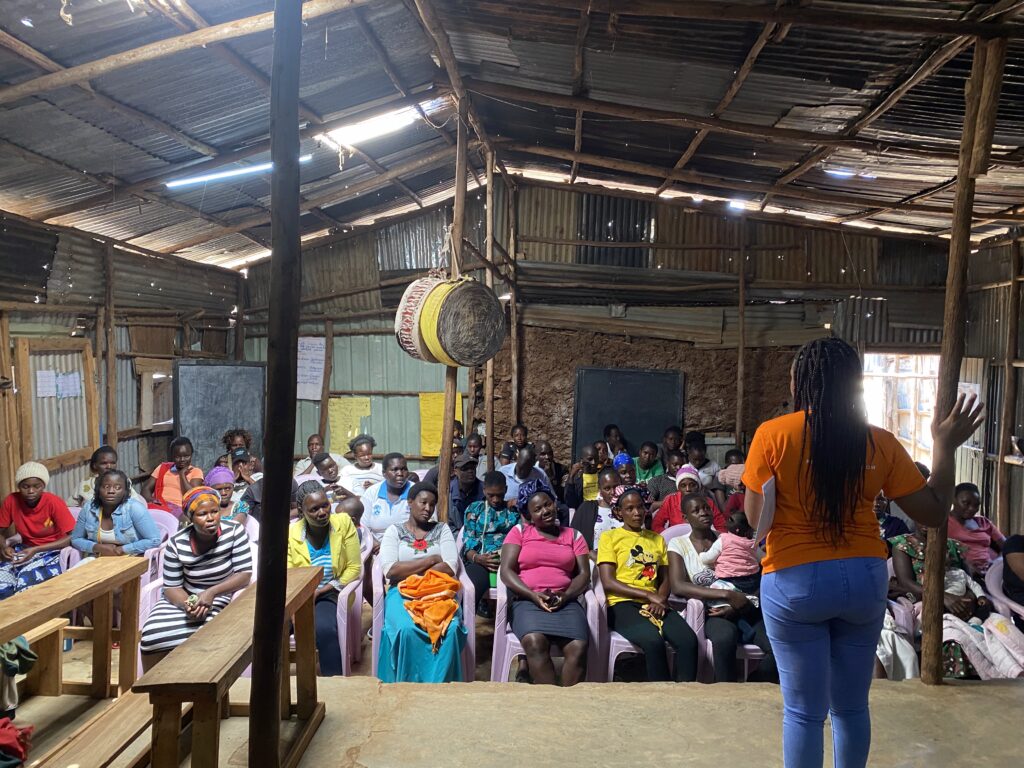
Image: Maryanne teaching parents how to prevent child sexual abuse in Kibera.
The most fulfilling part of leading this program has been seeing transformation happen on both sides. Children who speak more confidently about safety. Caregivers who are now responding with empathy instead of shame or silence. Watching both sides grow and heal has been deeply rewarding. In terms of impact, I’ve seen real change. Children are more aware of their body autonomy rights. They understand what safety looks like. They’re reporting abuse, actually naming what happened to them, and asking for help. Meanwhile, caregivers are practicing trauma-informed care in their homes and schools. They’re learning to respond with patience instead of punishment, with curiosity instead of dismissal. It’s beautiful to see how education and empathy can shift a whole community. Since 2019, we’ve impacted over 10,000 children and over 3,000 adults. Those aren’t just numbers, those are lives changed, conversations started, cycles interrupted.
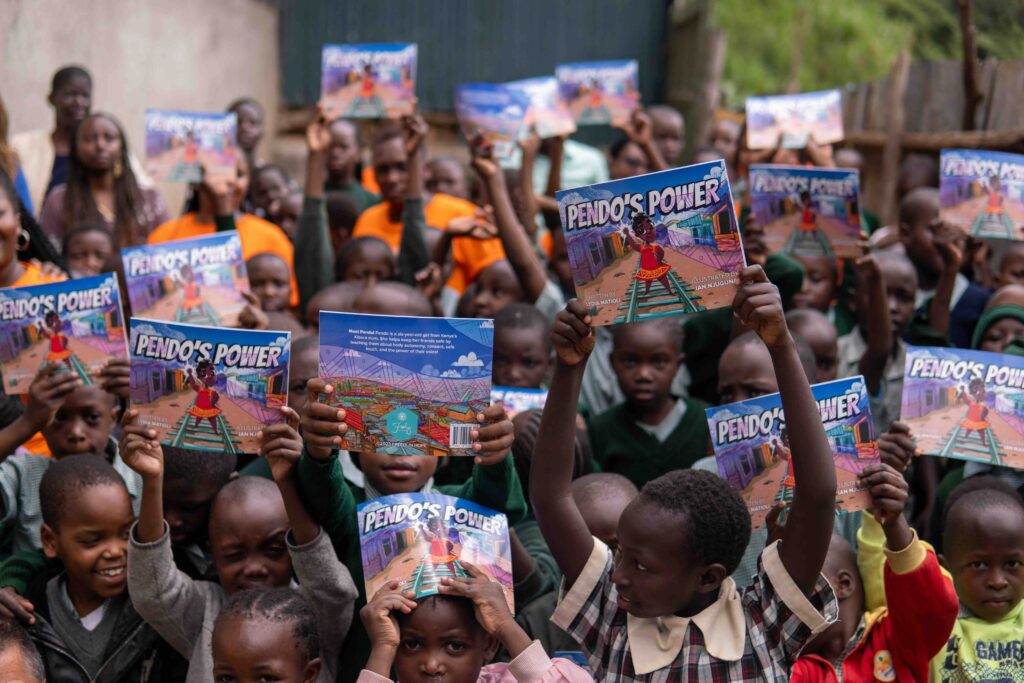
This survivor-led expansion brings us closer to a world without sexual and gender-based violence because it changes both people and systems. When survivors lead and when children and caregivers are empowered together, prevention and response become stronger. It’s not about one intervention or one program, it’s about creating a culture where safety is everyone’s responsibility and where speaking up is met with support instead of silence. That’s how we build safer and more compassionate communities. That’s how we move from responding to harm after it happens to preventing it from happening in the first place. To other survivors who are still on their healing journey, I want to say this: your story has power. Healing takes time, and that’s okay. But here’s what I need you to hear: you don’t have to wait to be fully healed to make a difference. Leadership itself can be part of your healing journey. Every step matters, even the small ones, even the ones that feel uncertain. I wasn’t “ready” when I took over Pendo’s Power. I was scared. I questioned whether I had what it takes. But I stepped forward anyway, and in leading others, I found more of myself.

Image: Maryanne teaching children body safety at a primary school in Kenya.
As a survivor-leader, I am continuing Lydia’s vision by expanding Pendo’s Power to include trauma-informed care for caregivers and practitioners, by reaching even more children, by training more adults, and by building more partnerships. But my goal isn’t to hold this baton forever. My goal is to keep passing it, empowering others to lead, educate, and heal. That’s how the movement continues survivor by survivor, generation by generation. Because here’s what I know now that I didn’t know when I was just a scholar: healing isn’t a destination you reach alone and then stop. Healing is something you do in community, something you extend to others, something that multiplies when you share it. When Lydia passed the baton to me, she didn’t just hand off a program. She showed me that my story, the one I once wanted to hide, could become the very thing that lights the way for others. And now I get to do the same for the next person, and they’ll do it for the person after that.
“That’s the beauty of survivor leadership. We don’t just survive, we transform. We don’t just heal, we help others heal. We don’t just lead, we create more leaders. And with every child who learns to speak up, with every caregiver who learns to listen with compassion, with every survivor who steps into their power, we move closer to that simple dream: a community where children grow up free from fear, surrounded by adults who understand how to protect them.”
Maryanne Koki, Freely in Hope Alumni
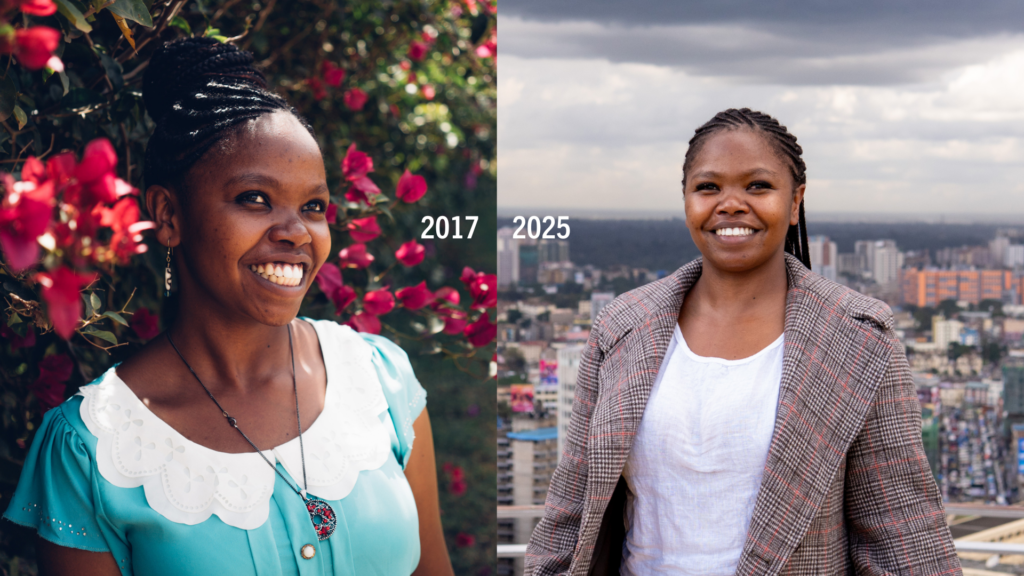
Investing in survivor leadership creates lasting change. We’re not just delivering programs, we’re transforming systems from the inside out. Survivors understand the pain and the path to healing in ways that others simply can’t. Your support turns that lived experience into transformation for entire communities. When you invest in us, you’re not just funding workshops or training sessions. You’re investing in a model that works because it comes from people who know exactly what’s needed because they’ve lived through what’s missing.That’s the work. That’s the movement. That’s why your support matters. Because every time you invest in survivor leadership, you’re not just changing one life, you’re changing the trajectory of entire communities, one generation at a time.
When you support survivor leadership, you're supporting this beautiful reality: healing isn't one-size-fits-all.
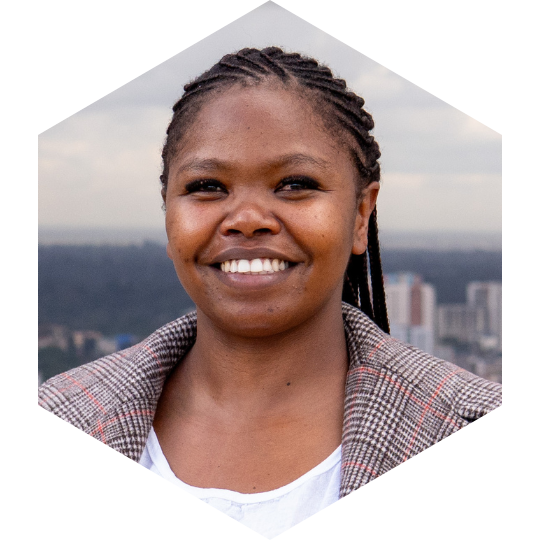
MARYANNE KOKI
Child Protection Coordinator
If you want to bring Pendo’s Power to your community, you can purchase a copy here! You can also work with Freely in Hope to provide a child abuse prevention training for adults or a body safety workshop for children. Whether you’re a teacher, parent, social worker, or children’s ministry leader, we can create a program that best fits your community’s needs. Contact us today!
